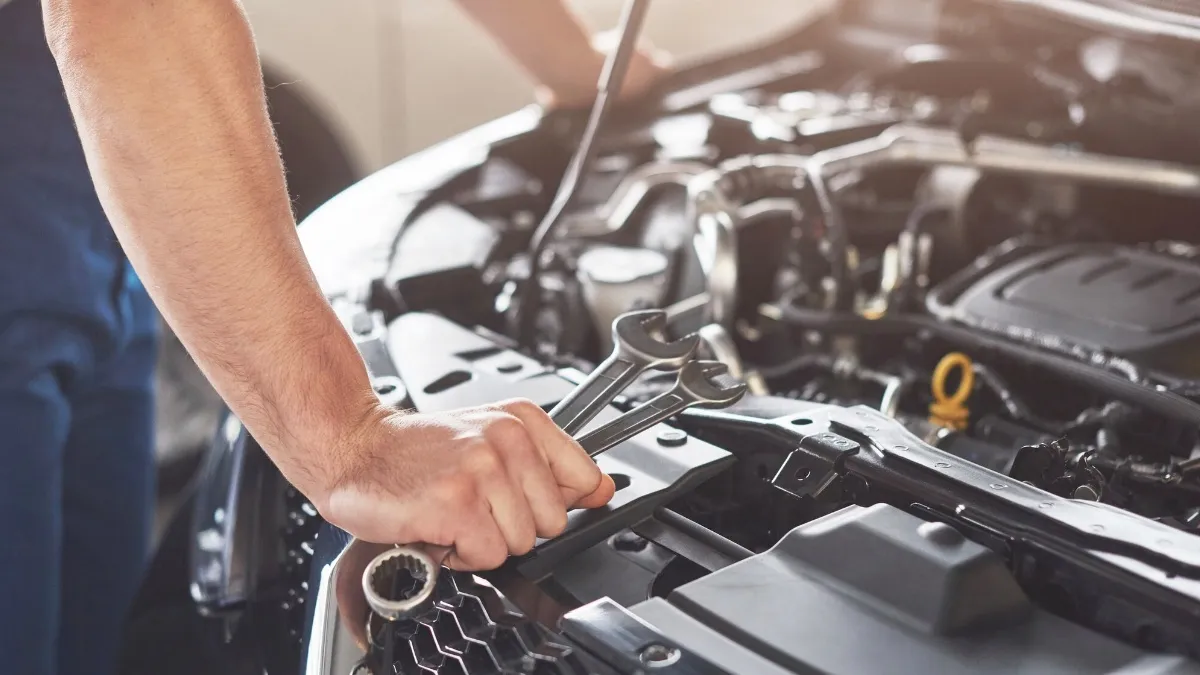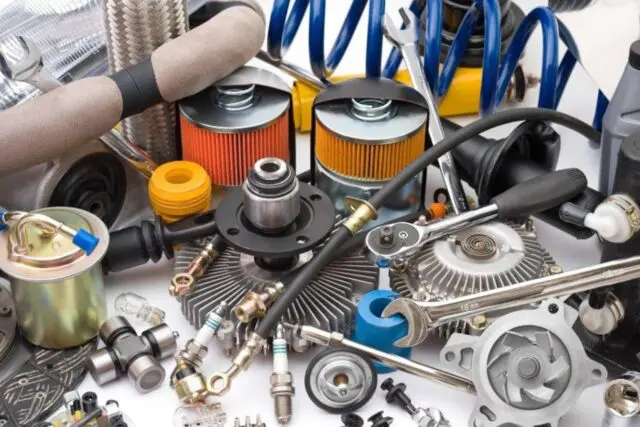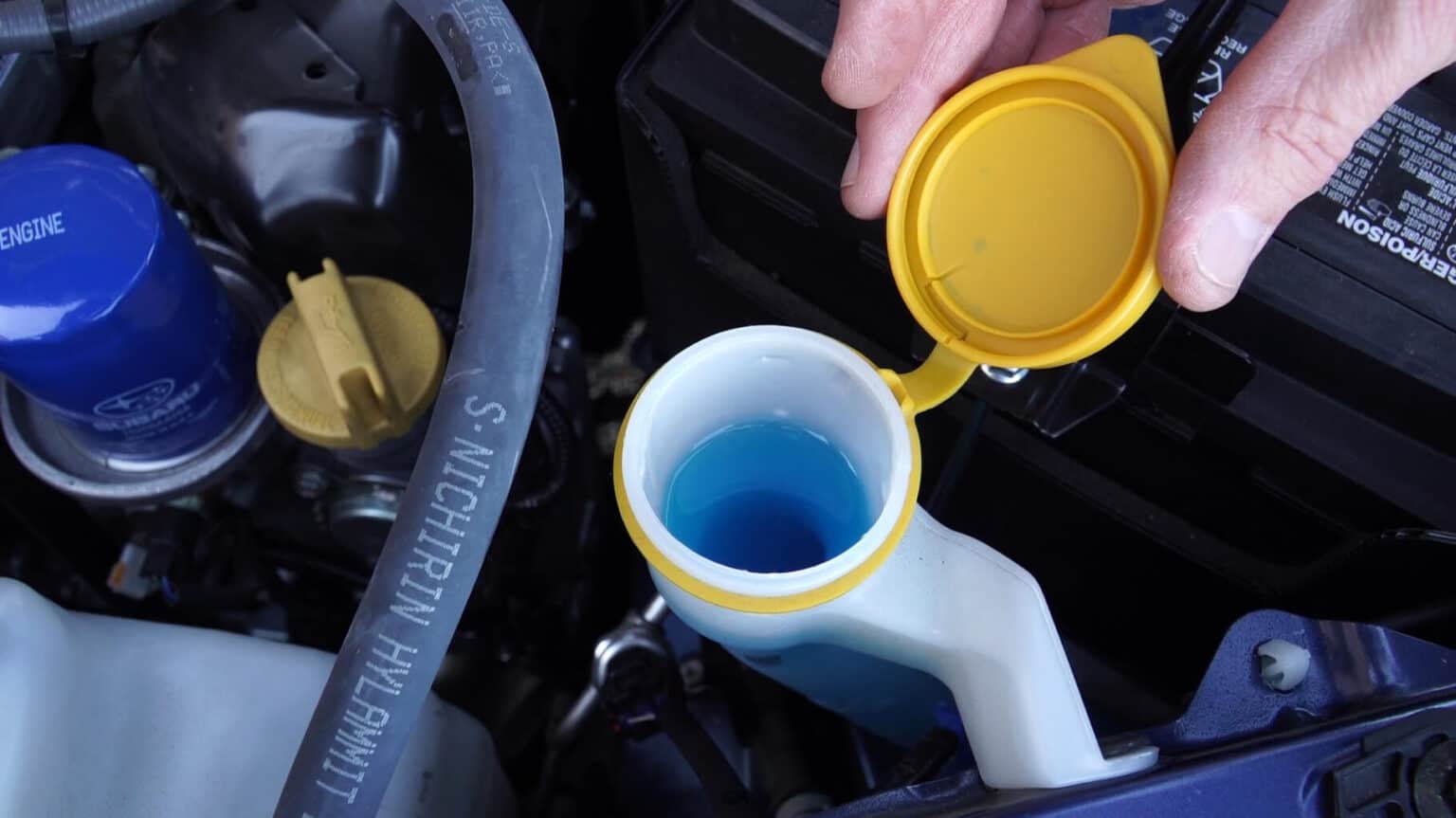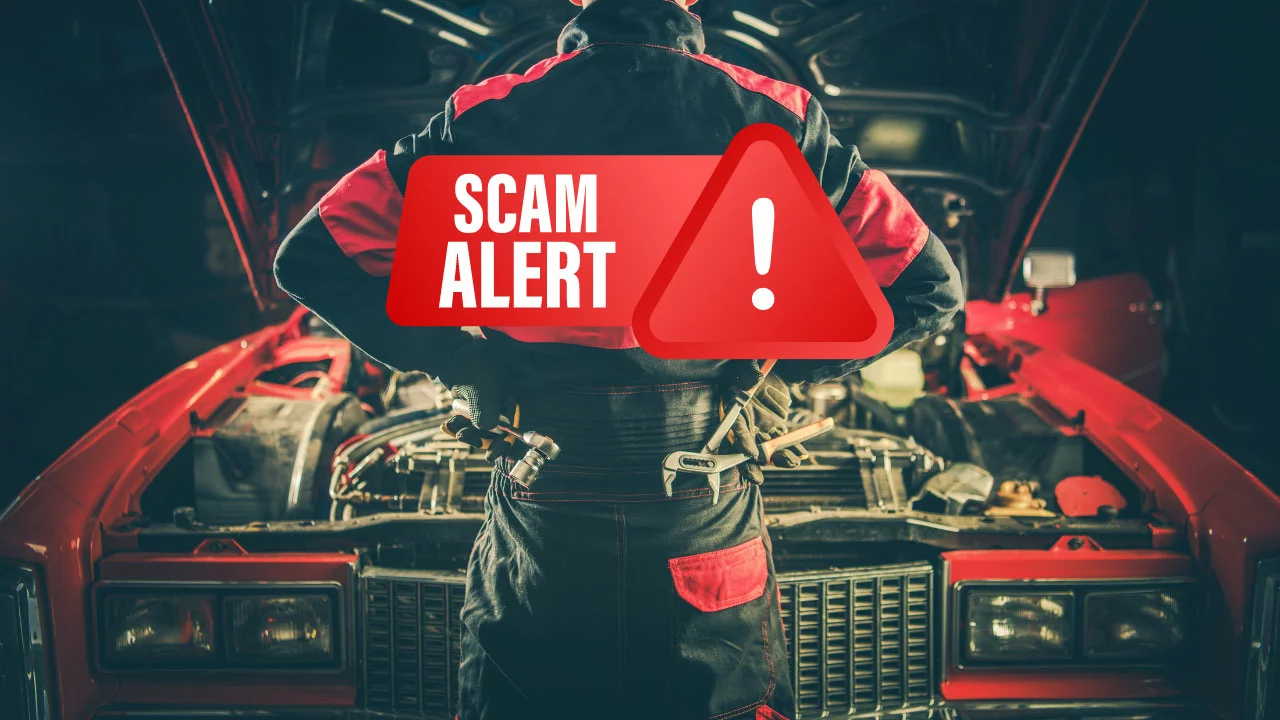Car maintenance is essential for keeping your vehicle running smoothly and safely, but unfortunately, the industry is not immune to scams and dishonest practices. Falling victim to a car maintenance scam can lead to unnecessary repairs, inflated costs, and even damage to your vehicle.
To protect yourself, it’s important to be aware of common scams and know how to avoid them. Being an informed and cautious consumer can save you money and stress in the long run. In this guide, we will discuss common car maintenance scams and provide tips on how to identify and avoid them.
By understanding these scams, you can make better decisions and ensure that your car gets the care it needs without falling prey to unscrupulous practices. Whether you’re dealing with routine maintenance or unexpected repairs, staying vigilant and informed will help you go through the automotive service industry with confidence.
1. Unnecessary Repairs
One of the most common car maintenance scams involves mechanics suggesting unnecessary repairs. They might tell you that parts need to be replaced or systems need to be repaired when, in fact, everything is working fine.
To avoid this scam, always ask for a detailed explanation of the recommended repairs and why they are necessary. Don’t hesitate to ask for evidence, such as showing you the worn or damaged parts. If you’re uncertain about the diagnosis, seek a second opinion from another trusted mechanic.

It’s also helpful to familiarize yourself with your vehicle’s maintenance schedule, as outlined in the owner’s manual. This knowledge can help you identify when a recommendation seems out of place or unnecessary. Being informed about your car’s specific needs allows you to challenge questionable repair suggestions and avoid falling victim to unnecessary expenses.
Additionally, establish a good relationship with a reliable mechanic whom you trust, which can significantly reduce the chances of being misled. Keeping all service records and receipts can also provide valuable documentation if disputes arise.
2. Inflated Estimates
Inflated estimates are another common scam where mechanics provide a higher than necessary quote for repairs or maintenance. They may take advantage of your lack of knowledge about car repairs to overcharge you.
To avoid this, get multiple quotes from different repair shops before agreeing to any work. This allows you to compare prices and get a better idea of what the reasonable cost should be. Additionally, ask for a detailed, itemized estimate that breaks down the costs of parts and labor.
If the estimate seems excessively high, don’t be afraid to negotiate or seek services elsewhere. Using online resources to check average repair costs can also give you an idea of what to expect.
By taking these steps, you can protect yourself from being overcharged and ensure you receive fair pricing for necessary repairs. Also, be cautious of shops that charge for an inspection or estimate, as many reputable places offer these services for free.
3. Fake or Low-Quality Parts
Some unscrupulous mechanics may use fake or low-quality parts while charging you for genuine or high-quality ones. These parts can fail prematurely, leading to further repairs and expenses. To avoid this scam, ask the mechanic to show you the parts they intend to install and compare them with the old parts they are replacing.
Request receipts or documentation that verifies the authenticity and quality of the parts. It can also be helpful to specify that you want OEM (Original Equipment Manufacturer) parts, which are made by the car’s manufacturer, or high-quality aftermarket parts from reputable brands.

Building a relationship with a trusted mechanic can also reduce the risk of being scammed with fake parts. By taking these precautions, you can ensure that your vehicle is maintained with reliable components that will last.
Keeping the packaging of the replaced parts can provide further evidence and assurance that you received what you paid for. Regularly educate yourself about your car’s components to better understand what is being replaced.
4. Fluid Top-Up Scams
Some repair shops may claim that your vehicle’s fluids need topping up or replacing when they actually don’t. This scam is easy to fall for since checking fluid levels can be less accessible for the average car owner.
To protect yourself, familiarize yourself with how to check your vehicle’s fluid levels, such as oil, coolant, brake fluid, and transmission fluid. Many modern vehicles have transparent reservoirs with markings that show proper levels, making it easier to check.
Regularly monitoring these levels yourself can help you determine if the shop’s recommendations are legitimate. If you suspect a scam, seek a second opinion or check the fluid levels yourself before agreeing to any service.
This proactive approach can save you from unnecessary fluid changes and associated costs. Keeping an eye on your vehicle’s dashboard indicators and warning lights can also alert you to genuine issues before taking your car to a mechanic. Learn the basics of fluid maintenance from your vehicle’s manual to gain confidence in your assessments.
5. Lifetime Fluid Scams
Lifetime fluid scams involve mechanics telling you that certain fluids, like transmission fluid or coolant, never need to be changed. This is misleading, as even “lifetime” fluids will degrade over time and require replacement. To avoid this scam, always follow the maintenance schedule provided in your vehicle’s owner’s manual.
This schedule outlines when to change various fluids based on your vehicle’s make and model. If a mechanic tells you that a fluid never needs changing, be skeptical and refer to your owner’s manual for the correct information.
Regular fluid changes are essential for maintaining your vehicle’s performance and longevity, so it’s important to adhere to the recommended intervals. By following the manufacturer’s guidelines, you can ensure that your vehicle’s fluids are properly maintained and avoid unnecessary issues.
Keeping a maintenance log can help you track fluid changes and other services, providing a clear record of when each maintenance task was performed. This practice not only helps prevent scams but also contributes to the health of your vehicle.
6. Package Deals and Add-Ons
Some repair shops may offer package deals or suggest add-ons that seem like good value but include services you don’t need. These packages can inflate your bill with unnecessary services. To avoid this, carefully review what’s included in any package deal or add-on service.
Compare the cost and necessity of each service with your vehicle’s maintenance requirements. If the package includes items that aren’t relevant to your car’s current needs, decline the offer and only agree to the services that are necessary.

Always prioritize the services that are essential for your vehicle’s performance and safety, and don’t be swayed by flashy package deals that might not be cost-effective. By staying vigilant and discerning, you can avoid unnecessary expenses and ensure that your vehicle receives only the necessary and beneficial services.
Asking for a written estimate before agreeing to any package can also prevent unexpected costs. Finally, researching and reading reviews about the repair shop’s reputation can help you make an informed decision.
By being aware of these common car maintenance scams and taking proactive steps to avoid them, you can protect yourself from dishonest practices and ensure that your vehicle receives the proper care it needs. Staying informed and vigilant will help you make confident decisions and maintain the health and longevity of your car.

